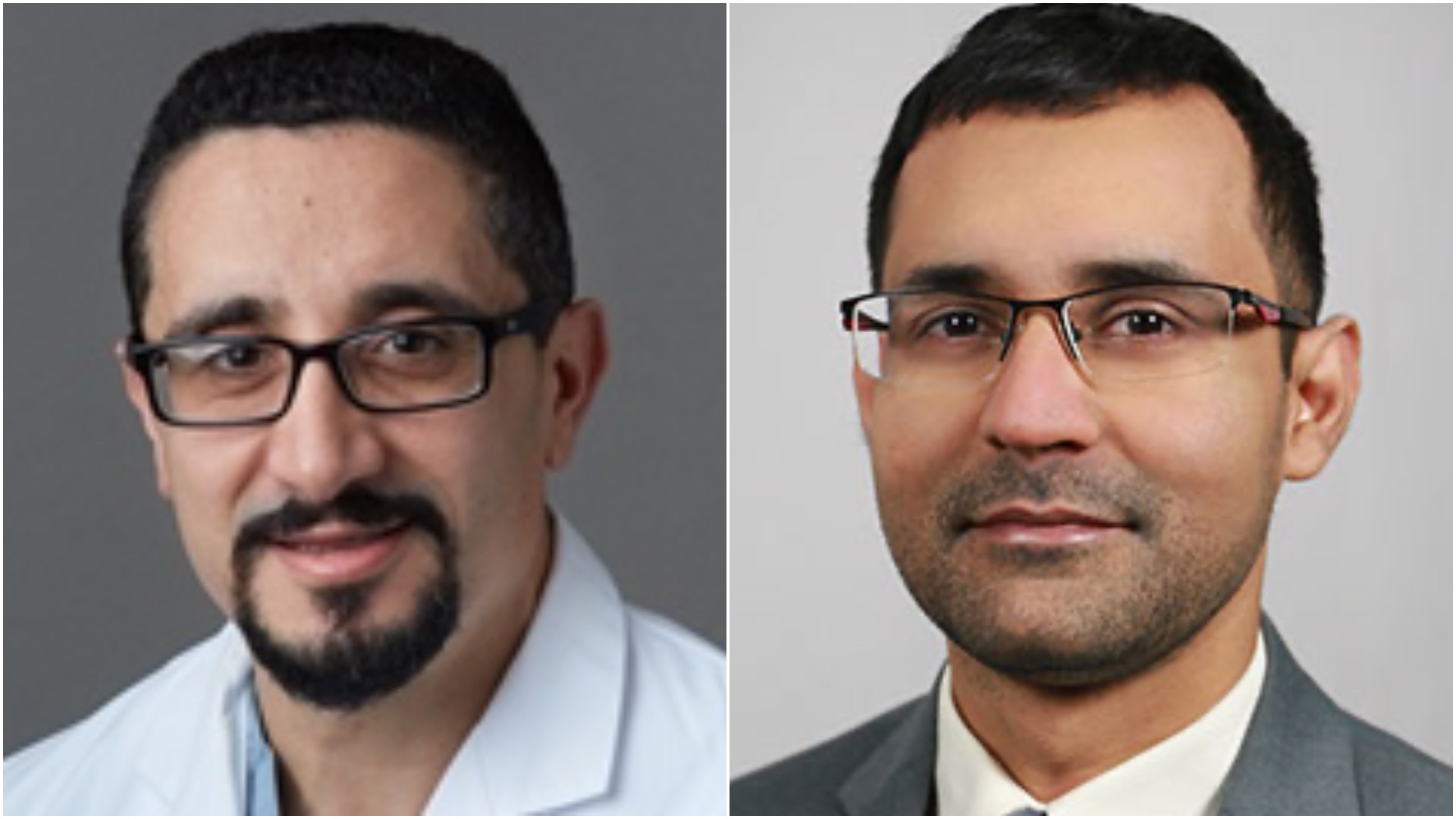QMG physicians make history by performing Illinois’ first cardiac catheterization in freestanding ambulatory surgery center

QUINCY — In a first for the state of Illinois, Quincy Medical Group physicians performed on Dec. 7 the first cardiac catheterization in a freestanding ambulatory surgery center. The history-making procedure took place at the QMG Surgery Center.
Cardiac catheterization, also known as cardiac cath, is performed to detect blockages in coronary arteries. Having the procedure performed at an ambulatory surgery center is a new concept locally.
The first case was completed by Dr. Wissam Derian, a board-certified cardiologist at QMG. Derian led the QMG Cardiac Cath team in performing a left heart catheterization from a right radial artery approach. The procedure was completed in less than one hour. The patient returned to their home within just a few hours.
“When we began to talk about the possibilities of the QMG Surgery Center, we wanted to look at ways we could transform care for our patients to provide them the best outcomes,” Derian said. “Having the ability to perform the cardiac cath procedure in an outpatient setting means local patients are experiencing the latest advancements in cardiac medicine in a safe and cost-effective environment.”
Two days after Derian made history, Dr. Adam Rafi, a board-certified interventional cardiologist at QMG, did it again. Leading the team in the first percutaneous coronary intervention procedure, Rafi guided and deployed a stent into position, successfully returning blood flow to the anterior portion of the patient’s heart. A special closure device was used to seal the right femoral artery at the end of the case. This allowed for faster recovery, and the patient to return home safely the same day.
“This is a huge step toward changing the landscape and future of cardiac care for our local patients and families while providing high quality, affordable healthcare,” Rafi said.
The outpatient setting provides a safe and cost-efficient option for the patient. It is well established in the United States and throughout the world
“Cardiac cath has been done in outpatient centers for some time. The technology has improved and has become very safe to do as an outpatient procedure,” Rafi said. “The risks, in terms of the procedure, are the same, whether performed in a hospital setting or surgical center setting, and those risks are relatively low.”
A cardiac cath previously required a patient to spend hours in bed or even for an overnight hospital stay, but that’s no longer the case. This new option allows patients to go home the same day and rest at home.
“In about 90 percent of the cases, we have begun using access in the wrist instead of the groin area. This reduces the risk of complications and the length of stay for the patient,” Derian said. “So basically for a diagnostic heart cardiac catheterization, patients can be home two to three hours after the procedure without lying flat or any worry about major complications.
“The future of cardiac medicine is being made right here in Quincy.”
Miss Clipping Out Stories to Save for Later?
Click the Purchase Story button below to order a print of this story. We will print it for you on matte photo paper to keep forever.

